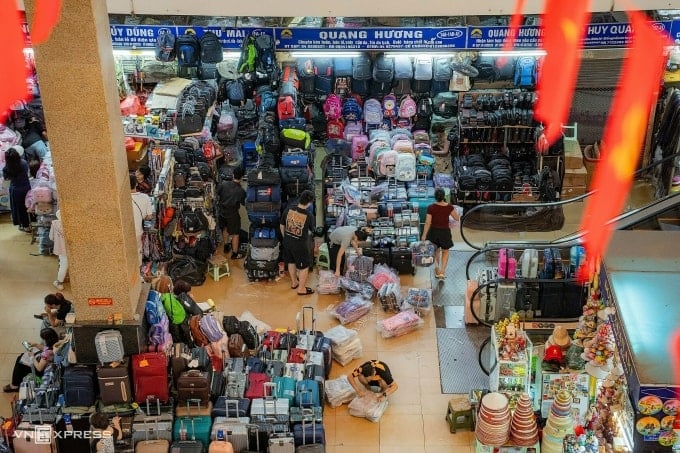
From June 1, about 37,000 households with annual revenue of over 1 billion VND in certain industries must use electronic invoices via cash registers connected to tax authorities. At the same time, Resolution 68 of the Politburo requires the elimination of lump-sum tax for business households, no later than 2026.
However, the implementation of electronic invoices is still facing difficulties because most of the traders are elderly and have little access to technology. Ms. Thanh, who sells shoes on the ground floor of An Dong Market ( Ho Chi Minh City), said that because she does not know how to use a phone or computer, every day, "updating goods and printing invoices all have to rely on her children and grandchildren."
In addition, the cost of purchasing cash registers, digital signatures, and software can be up to tens of millions of dong per year... which is also a burden for small businesses.
Representing the F&B business group, Mr. Do Duy Thanh, Director of FnB Director Consulting Company and Horeca Business School, pointed out many specific limitations of this group when switching to using electronic invoices.
According to him, the food and beverage industry is a rare business that has all three operations of three separate industries - production (food preparation), trade (selling products) and service (serving customers). This makes the average workload in restaurants and eateries significantly higher than many other small businesses.
In addition, he said that the staff in this area is often very thin, mainly the head of the household and family members are in charge of all stages, now having to take on additional tasks of declaring revenue, using sales software, declaring electronic invoices... is a big burden, exceeding traditional operating capacity. Investing in machinery, software, and training staff is a new expense that is not small, especially for small-scale households.
"The change from lump-sum tax to actual revenue declaration is considered a big change, destroying the familiar 'safe zone'. In the context of F&B industry revenue often fluctuating according to season, weather, holidays... businesses are even more reluctant to fully disclose their cash flow," the expert added.
With many difficulties arising in practice, experts say there should be policies to guide, encourage and support business households in the transformation process.
Regarding the roadmap to abolish lump-sum tax from the beginning of next year, Mr. Nguyen Van Duoc, General Director of Trong Tin Tax Consulting Services Co., Ltd., said that this is a completely reasonable policy, but recommended that management agencies should make changes in tax policies and administrative procedures to facilitate taxpayers.
The application of the actual revenue declaration method under the current Circular 40 requires business households and individuals to issue output invoices and have accounting books. "This is complicated for many business households, especially those with revenue of less than 1 billion per year, lacking management thinking. In the long term, we do not necessarily have to encourage them to become enterprises, or force them to wear shirts that are too loose," he said.
Therefore, in terms of tax law, according to Mr. Duoc, the management agency should design simple regulations, for example, eliminating the requirement for accounting books (ie only needing to calculate output revenue), to suit small businesses, with the main purpose of creating the most favorable conditions for issuing output invoices and paying taxes in full. At the same time, he also recommends the option of the state investing in software and equipment for issuing invoices and leasing them to businesses.
"Instead of losing taxes like before, we collect the right amount and spend a small amount of money to invest in software and equipment for business households. This solution not only helps collect taxes transparently but also achieves high consensus from people instead of making them pay for the equipment themselves," Mr. Duoc suggested.
In addition to applying new regulations to sellers, he said the tax industry can further promote the invoice lottery that is currently being implemented, helping users to proactively get invoices when making purchases.
Sharing the same opinion, Mr. Do Duy Thanh proposed to standardize a simple declaration toolkit, develop easy-to-use sales software, integrate electronic invoices, suitable for small business scale; intuitive interface, easy to use, minimizing technical operations.
Mr. Thanh also said that management agencies need to support technology investment costs, deploy support packages for purchasing POS machines and sales software for small businesses, through preferential policies or cooperation with financial technology companies.
In addition, according to him, it is necessary to train practical skills, organize free training for F&B businesses on revenue management skills, electronic invoicing, and electronic tax payment. The program must be highly practical, suitable for the technology level of the majority of businesses.
Building a standardized household business community is also very necessary. The State can encourage typical household business models that comply with taxes and operate systematically to create a spillover effect. In addition, promote propaganda and education so that household businesses understand that tax compliance helps them increase their reputation, make it easier to borrow from banks, expand their business or franchise later.
Mr. Nguyen Manh Tan, Marketing Director of Haravan, specializing in providing multi-channel sales solutions for small and medium enterprises (SMEs), believes that depending on the needs, scale and industry of each business household, there will be necessary investments in equipment, solutions and human resources to perform the above operations.
"But in general, the cost for comprehensive solutions for most businesses is not large, about 3-5 million VND and can be operated on a phone instead of a massive computer system," he said.
Along with the support of the management agency, he said that technology solution companies like Haravan must also have programs to support free software for 3-6 months for households to get used to using it. Currently, many companies are offering up to 10,000 free e-invoices, enough for a small and medium-sized business to use for 3-6 months. "Adapting early to changes will give us a faster and stronger advantage over the general market," he advised.
To transform this process, Mr. Nguyen Xuan Thanh - Senior Lecturer at Fulbright School of Public Policy and Management, Fulbright University Vietnam, noted flexibility in implementation and avoiding the mindset of "administrativeizing" the transformation.
"Do not impose more complicated conditions or strict inspection procedures to the point of creating fear for business households. We must encourage voluntary, self-declaration mechanisms and have a reasonable post-inspection roadmap," this expert recommended.
HA (according to VnE)Source: https://baohaiduong.vn/go-roi-cho-ho-kinh-doanh-khi-bo-thue-khoan-413609.html








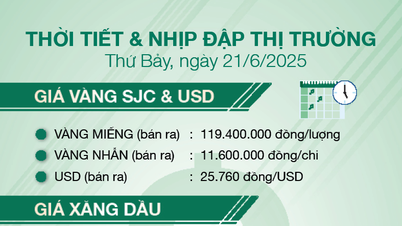



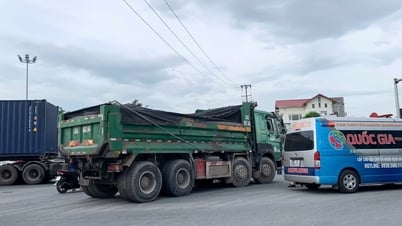


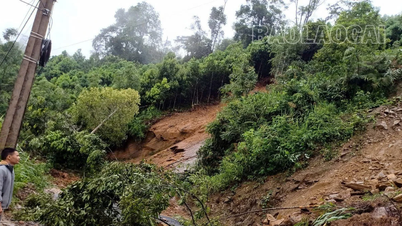

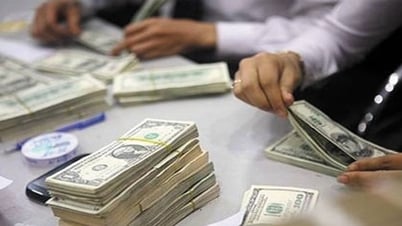








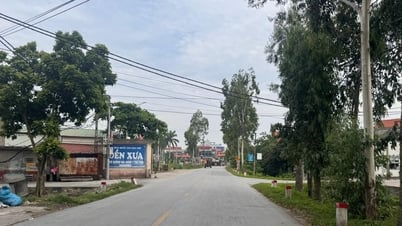


![[Photo] Overcoming the heat, practicing to prepare for the parade](https://vphoto.vietnam.vn/thumb/1200x675/vietnam/resource/IMAGE/2025/6/21/b93392e8da8243b8a32040d19590e048)





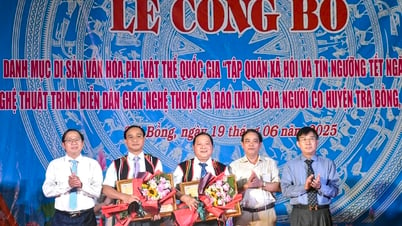










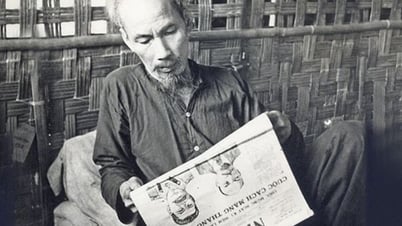










![[Maritime News] Wan Hai Lines invests $150 million to buy 48,000 containers](https://vphoto.vietnam.vn/thumb/402x226/vietnam/resource/IMAGE/2025/6/20/c945a62aff624b4bb5c25e67e9bcc1cb)






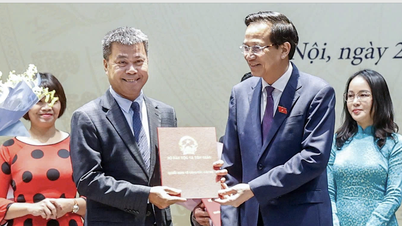

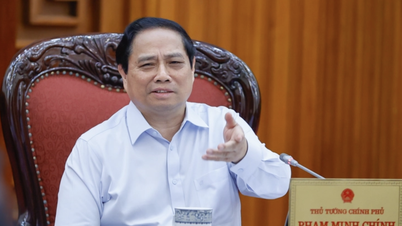


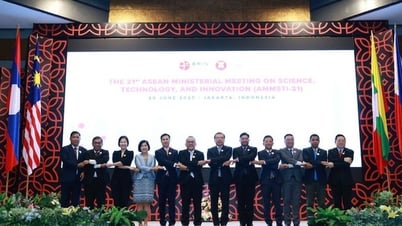


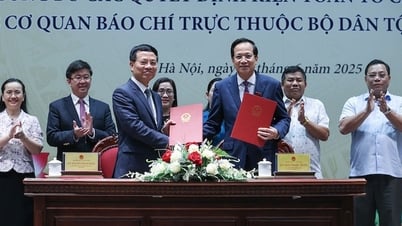



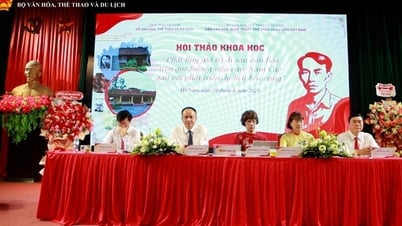



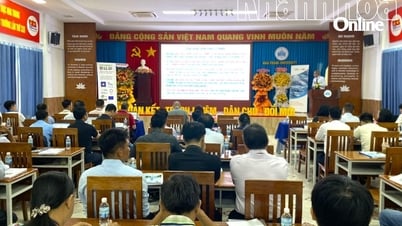

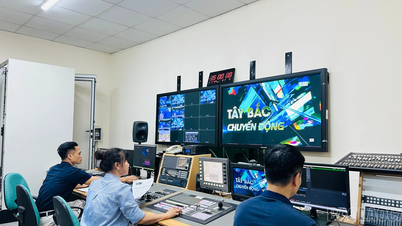

















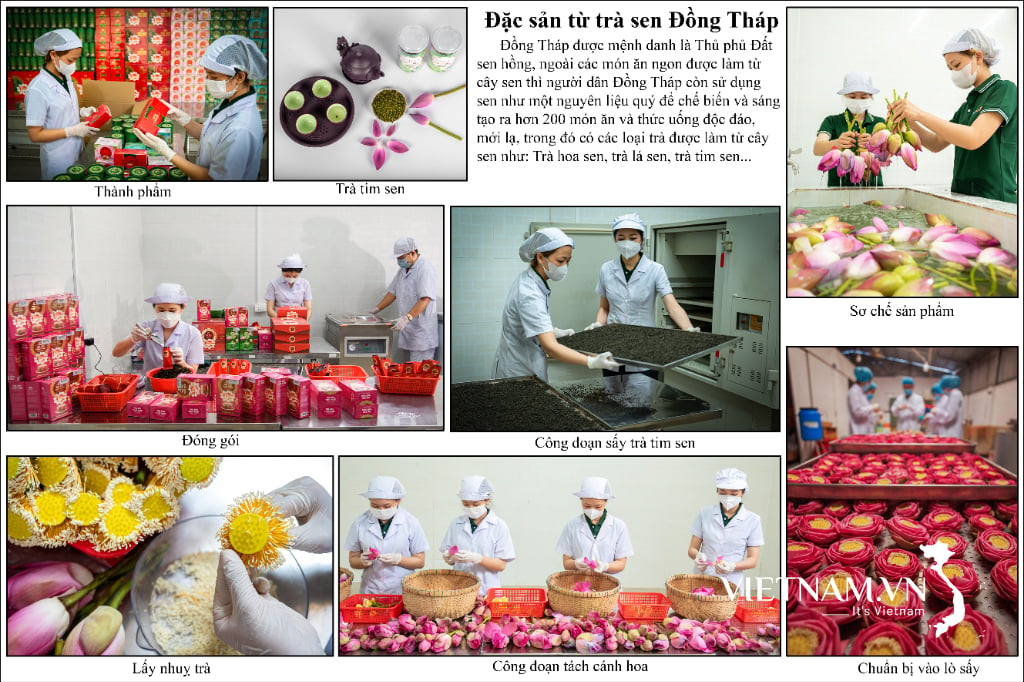
Comment (0)